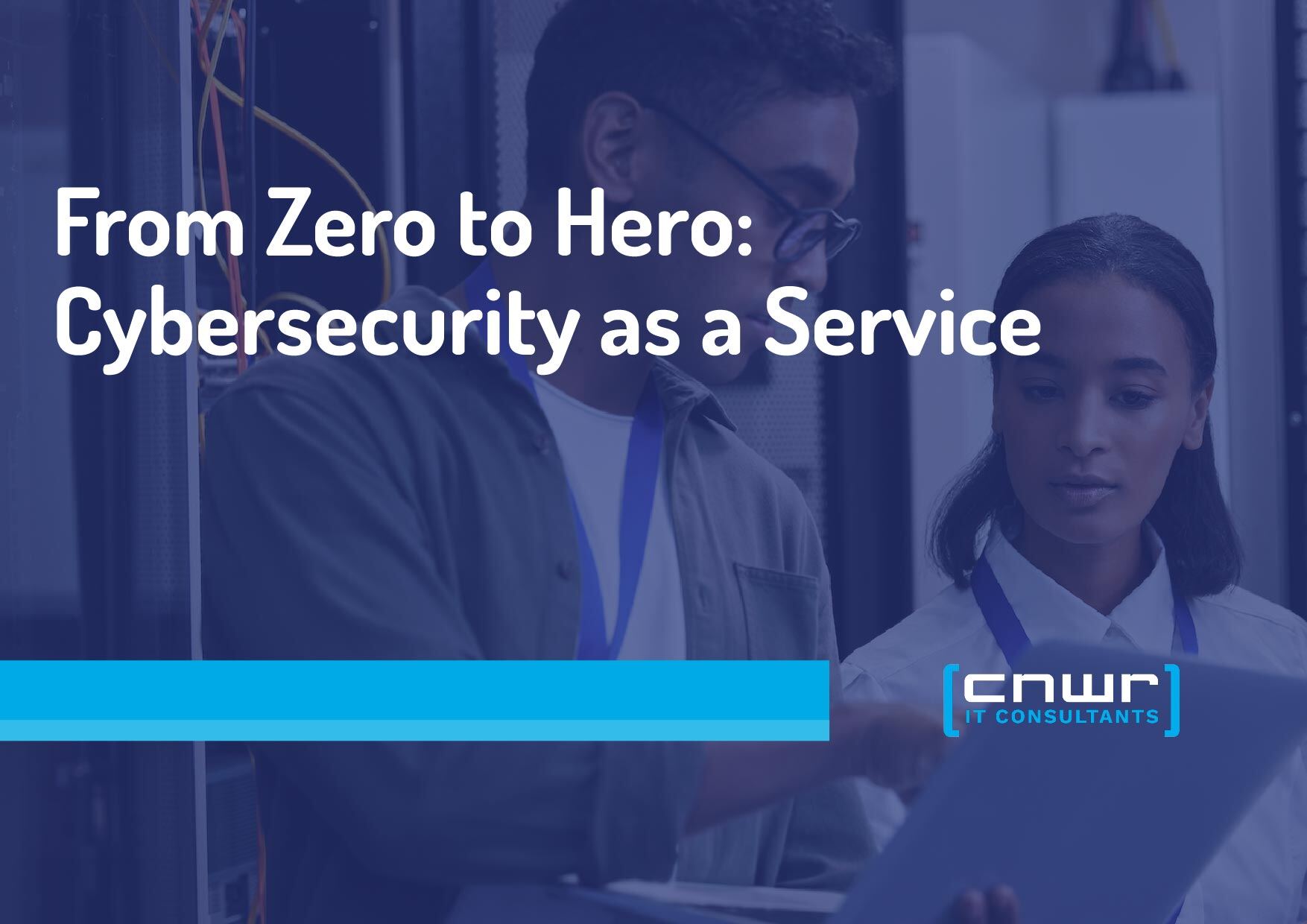A few Facts to think about:
- 43% of cyberattacks are aimed at small businesses, but only 14% are prepared to defend themselves, according to Accenture.
- Insurance carrier Hiscox reveals these incidents now cost businesses of all sizes $200,000 on average.
- More than half of all small businesses suffered a breach within the last year.
- Today it’s critical for small businesses to adopt strategies for fighting cyber threats.
Before joining CNWR, I was a single practitioner in the IT field for 18 years. I wanted to take a moment and talk about the perils of using this type of solution to maintain your business IT and infrastructure in this day and age. 
By single practitioner shops, I am referring to the person working from home, where they are the only person doing everything, or the small computer shop that may have several employees. These small shops normally only have 1-2 people, who are normally entry level, that maintain the business client networks.
These employees also have numerous other duties that take them away from the business clients. This is not necessarily true of all companies, but it is true of a majority. These are my observations based on working with hundreds of companies and people that fall into this category.
The obstacles for single practitioners
Most single practitioner outfits are not able to fully and properly maintain your network. This is not for lack of trying, but rather several other obstacles.
- Most of these solutions are of the break/fix model – In other words, single practitioners only make money when things go down, and this poses several more problems. First, your systems are down so your business is losing money and productivity. This probably could have been prevented with a properly implemented proactive solution. Remediation is always more expensive than prevention. Because work is billed hourly, break/fix clients are incentivized to choose quick, short-term fixes over long-lasting but more intensive solutions. Likewise, break/fix service providers are incentivized to provide temporary fixes again and again instead of solving issues for good.
- The depth and breadth of knowledge – To properly protect and service a small business, you need to be an expert in networking, infrastructure, hardware, security, the dark web, windows, Linux and a host of other things such as all the vendor solutions out there, to be able to provide the best recommendations. A single practitioner may know a little bit about all of this but is not able to stay up to date sufficiently enough to be an expert in everything. The depth and breadth of knowledge is not there in 95% of the cases.
- Many of them take on too many clients for what they can reasonably support. What happens when there is a major outage/virus outbreak across numerous clients? They can’t possibly take care of all of them at once.
- Support options – What happens when your main IT “person” is sick or on vacation? You will probably be out of luck. Your IT needs may not be serviced in a timely fashion if things go down.
- Most single practitioner outfits are so overwhelmed with running their own company that they cannot provide all-inclusive and proper services.

You need a mature and reliable Managed Service Partner (MSP) to maintain your business.
With an MSP, clients like you get many of the same dedicated capabilities of an in-house IT staff at a fraction of the cost. An MSP hires and continually trains IT professionals to maintain and reduce the amount of issues in a proactive manner, instead of waiting for something to break. There are also no additional payroll costs or vacation time to consider.
1 Steinberg, S. (2020, March 09). Cyberattacks now cost companies $200,000 on average, putting many out of business. Retrieved October 15, 2020, from https://www.cnbc.com/2019/10/13/cyberattacks-cost-small-companies-200k-putting-many-out-of-business.html




